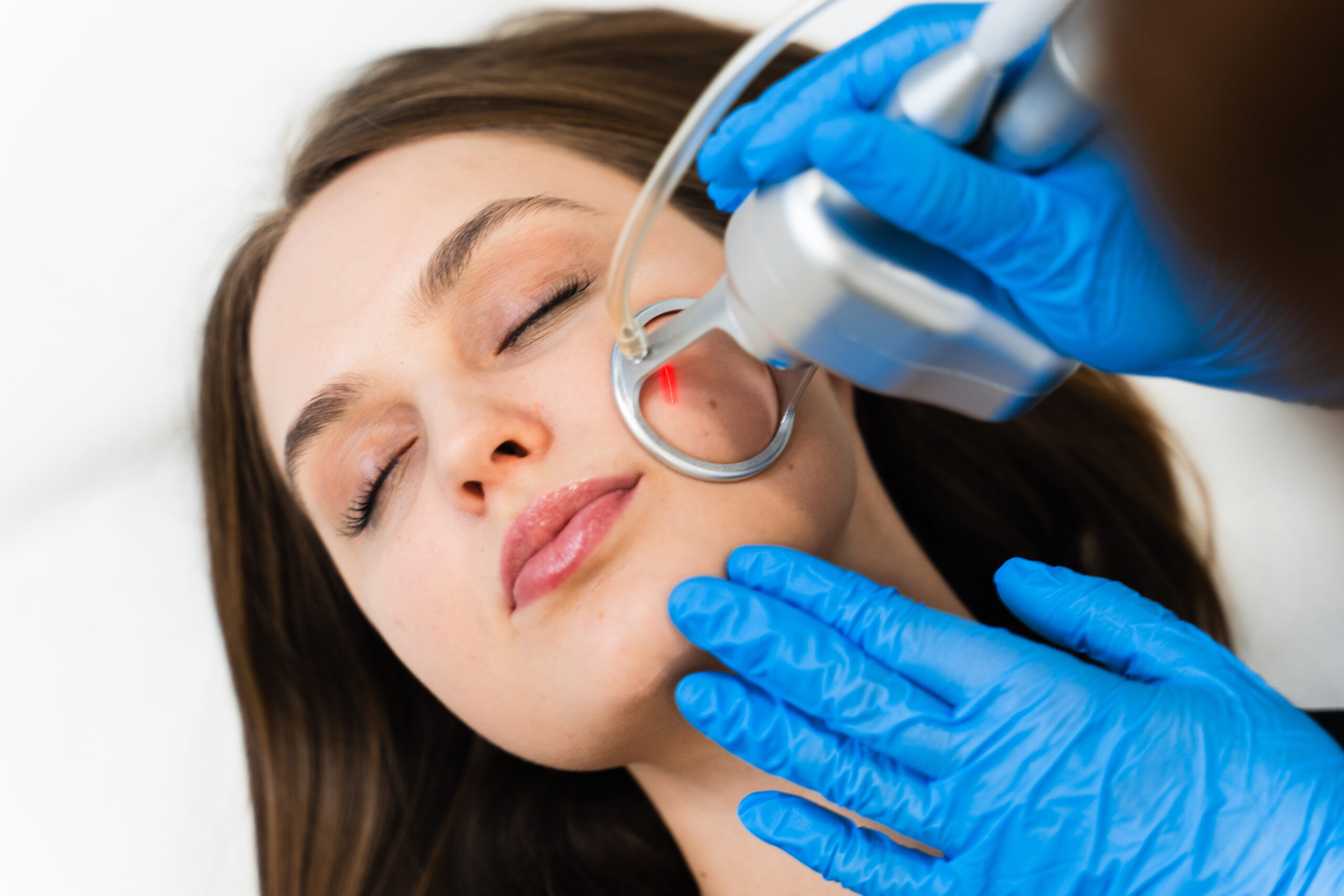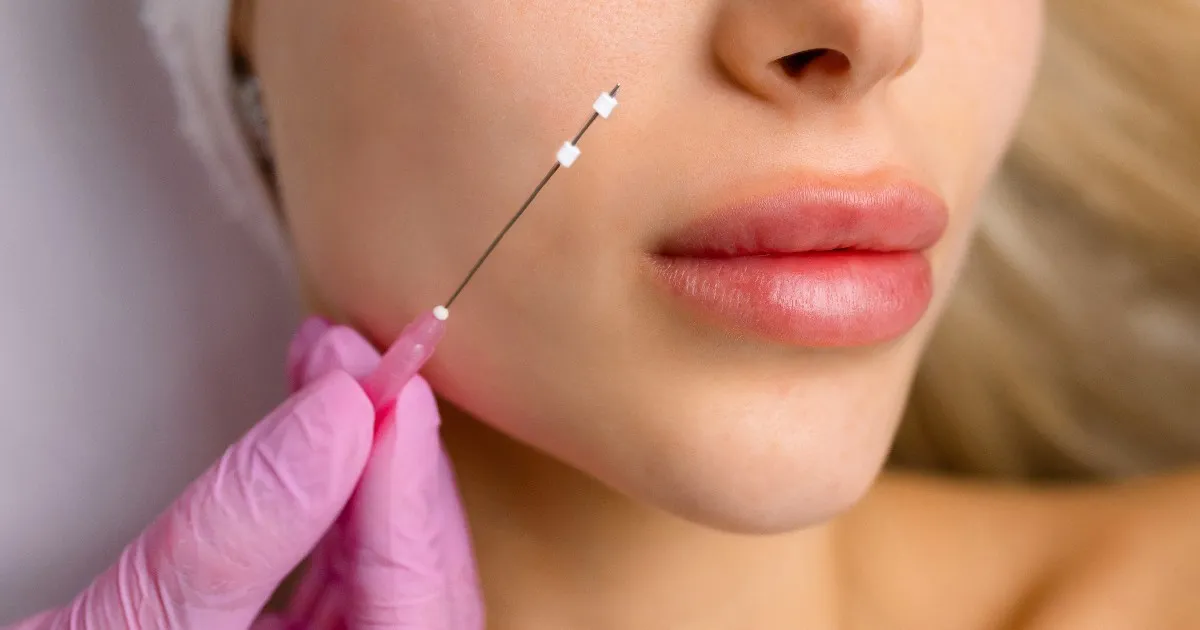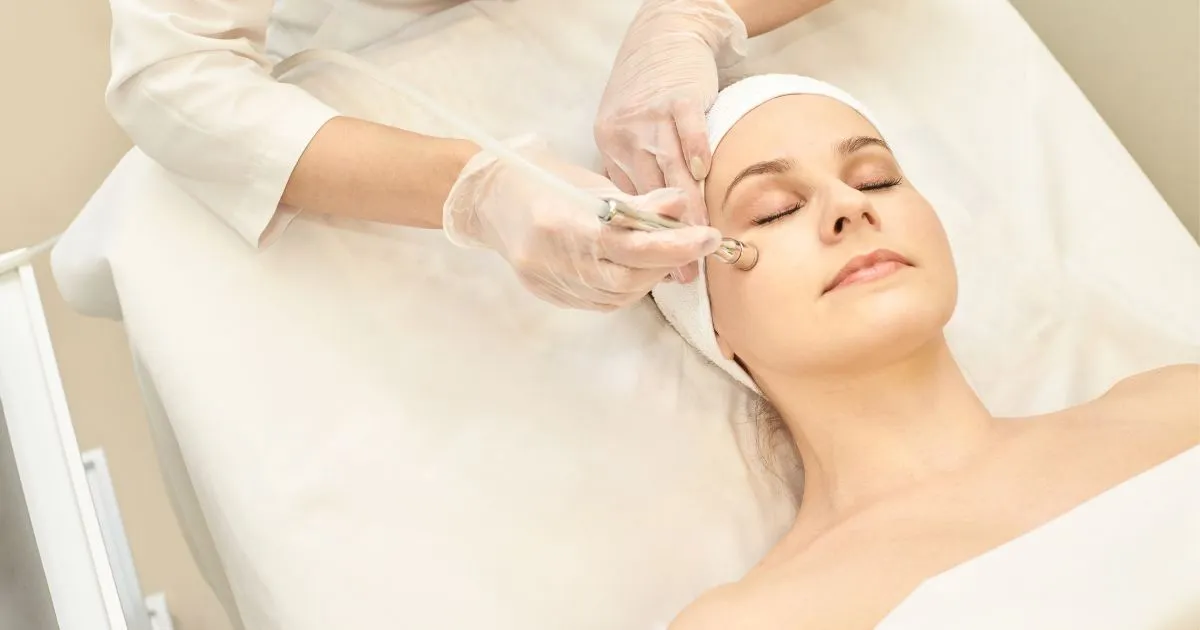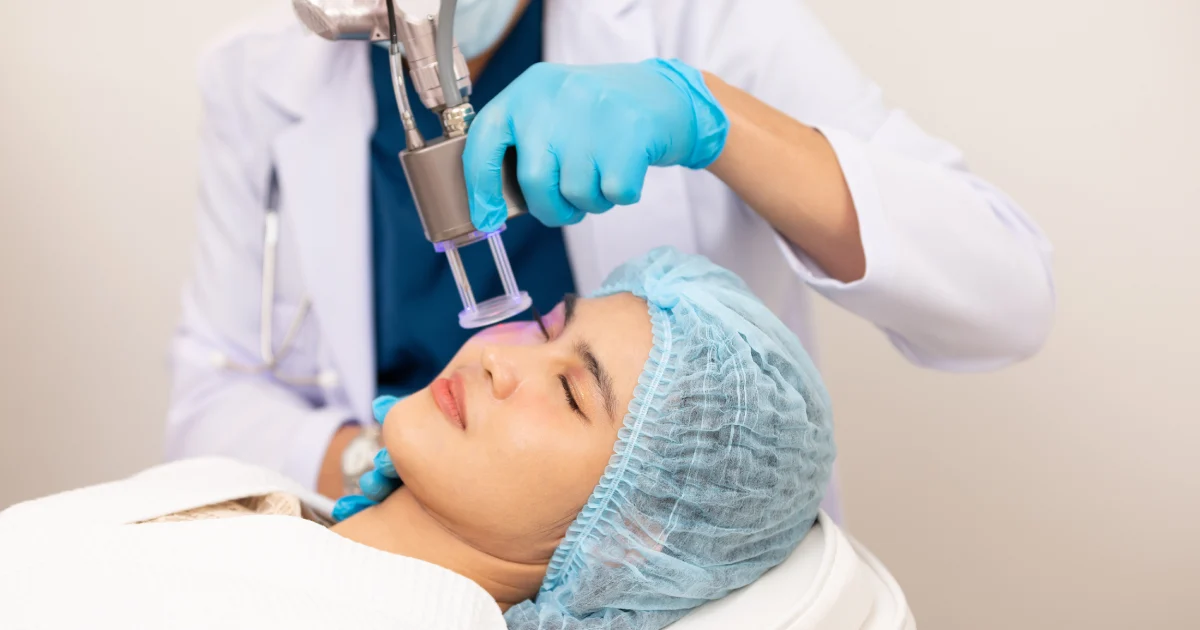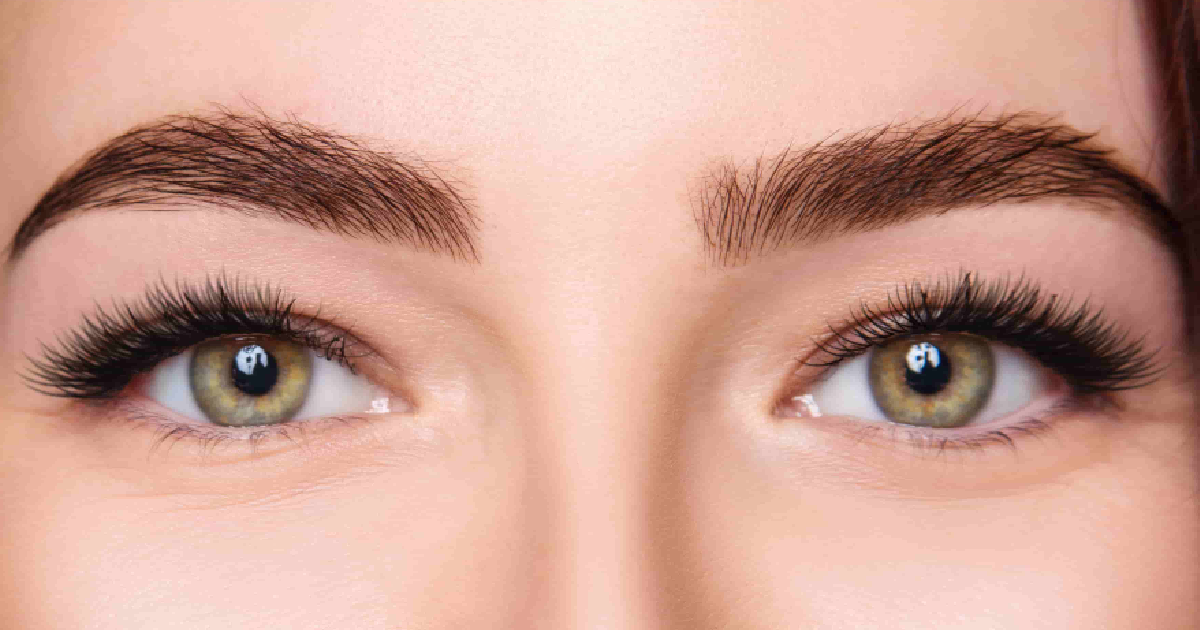It is difficult to look at a flawless shelfie that is stocked with gorgeous luxury beauty products and not think, “I need to put all of this on my skin right away.” Or perhaps you are the type of person who would really like to have a genuine skin-care routine, but the mere thought of going into a skincare shop makes you feel overwhelmed.
In either case, you will be relieved to learn that, according to the recommendations of dermatologists and other skin care professionals, a genuine, effective skincare routine requires only a few essential parts. And in fact, the majority of us would probably do better if we stuck to the things that were on the simpler end.
A Fundamental Skincare Routine Consists of Three Important Components
We understand that it can be challenging to find the time to focus on skin health in addition to your other responsibilities, such as work, family, friends, and pastimes. When you go to the drugstore and go down the aisle that is dedicated to skin care products, it is easy to feel overwhelmed by the sheer number of items that are available. Which of these items is an absolute must, and which ones can you go without? We’re going to discuss the three fundamental steps that should be included in the fundamental skincare regimen of every single person.
If you are concerned about the signs of aging appearing on your skin, we will provide you with two additional measures as an added bonus. Continue reading to find out how to construct a skincare routine that is not only straightforward but also highly effective.
First Step: Cleanser
The first crucial step in a basic beauty routine is picking a cleanser that is made particularly for the face rather than the body. However, how can you pick the best one?
Beads or other exfoliating materials are often found in products targeted toward persons with acne or greasy skin, but twice daily exfoliation is sufficient for anyone’s needs. In truth, many people’s acne can be aggravated and made worse by strong face washes. Look for skincare products that are non-comedogenic, or which do not include pore-clogging chemicals, if your skin is prone to acne.
For the majority of people, simplicity and a mild recipe are optimal. To further reduce irritation, people with particularly sensitive skin should choose cleansers devoid of colors, aroma, and alcohol. If you prefer a cream or oil-based face wash to a foaming one because of your extremely dry skin, do so. The purpose of cleansing is to get rid of makeup, grime, sweat, and oil without robbing your skin of the healthy bacteria and moisture it requires.
Second Step: Apply a moisturizer
Even though your skin does not really feel dry or tight after cleansing, you should still use a moisturizer. Utilizing a face lotion assists in preserving the skin’s natural moisture barrier, which guards it against irritation and infection. Pro tip: Apply moisturizer as soon as you finish cleansing because it works best when applied to damp skin.
It’s a widespread misconception that those with oily skin don’t require moisturizer. In actuality, utilizing a non-comedogenic moisturizer can assist in lowering the skin’s natural oil production. If you don’t do this, your skin will keep producing excessive amounts of oil to keep the moisture barrier in place.
It may take a few tries to discover a moisturizer that feels wonderful on your skin, but there are certain recommendations that might help you locate the ideal one:
- Choose products with the word “cream” in them if you have dry skin because you might prefer a fuller formula.
- You’ll generally prefer lighter solutions if you have oily skin, so look for formulations that contain the phrase “lotion.”
- For the summer and during the day, choose lighter moisturizers.
- For cold nights, choose heavier products.
You may keep it basic and avoid products with a long list of specific ingredients, just like you would with your face wash. The likelihood that something in a moisturizer will damage your skin or trigger pimples increases the more ingredients it contains.
Third step: Sunscreen
Sunscreen is the third and last step of a straightforward, efficient skincare regimen. Your chance of acquiring skin cancer increases with the amount of sun exposure your skin receives, yet long days at the beach don’t put you at particular risk. Your lifelong UV exposure, which raises your chance of developing cancer, is increased every time you take your dog for a walk, drive to the car and the food stores, or sit near a window. Whether you’ll be spending the day outside or not, using a sunscreen every day is a wonderful method to reduce your risk of getting skin cancer.
Wearing sunscreen may prevent early aging. Sunlight’s UVA rays do not harm the skin, but they do induce wrinkles and fine lines by penetrating the skin deeply. The finest anti-aging product you can use is probably a broad-spectrum (UVA and UVB protection) sunscreen with an SPF of 30 or higher if you want to maintain your soft and smooth and youthful for as long as you can.
Take it a step further
Consider using an antioxidant solution, retinoid, or both if you’ve mastered the previous three steps and want to add one or more products to treat your aging concerns.
Because it reduces the damage caused by free radicals, which if unchecked can hasten aging, vitamin C is a superstar anti-aging component. Additionally, it evens out and brightens skin tone. To get the most out of vitamin C, look for a supplement that also contains ferulic acid and vitamin E.
Be aware that serums in a bottle with a pump will survive longer than those found in a glass jar with a dropper because vitamin C is known for degrading quickly when exposed to both air and light.
The standard in skincare products for anti-aging is retinoids, such as Retin-A (or its generic name, tretinoin). A prescribed retinoid will help lessen wrinkles and fine lines, prevent hormonal outbreaks, and lighten skin discoloration.
Retinoids reduce collagen deterioration to increase the thickness and suppleness of the skin. They accomplish this by accelerating cell turnover, which prompts the skin to generate new, collagen-rich cells more quickly. It is better to use retinoids at night and then follow up with sunscreen in the morning because they make the skin more susceptible to UV light.
Your anti-aging routine will be much improved if you combine vitamin C with a prescription retinoid. We advise applying your retinoid at night and the vitamin C serum in the morning. Since they have different ideal pH values and utilizing them simultaneously will lessen the effectiveness of both, it is advisable to avoid doing so.
Visit Fierce Aesthetics Med Spa – 365 Beauty and speak with the beauty professionals there if you would like additional information about skincare and dermatological concerns.


